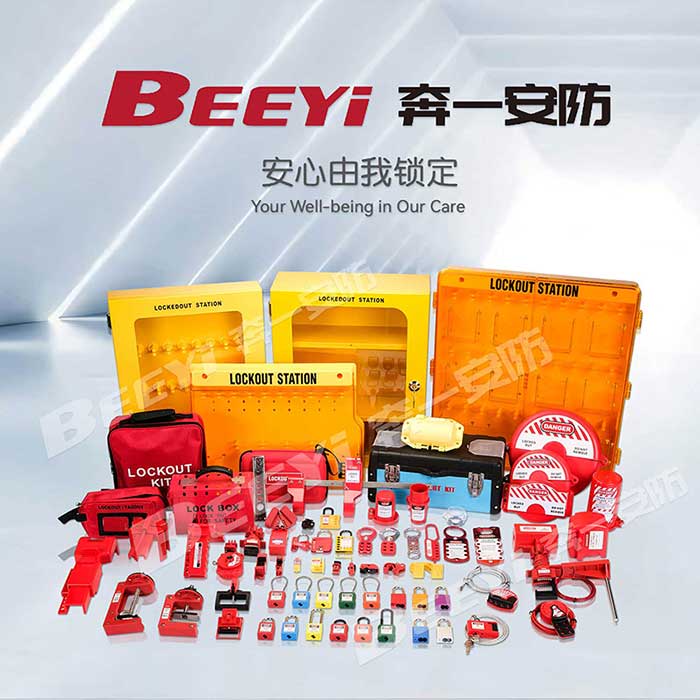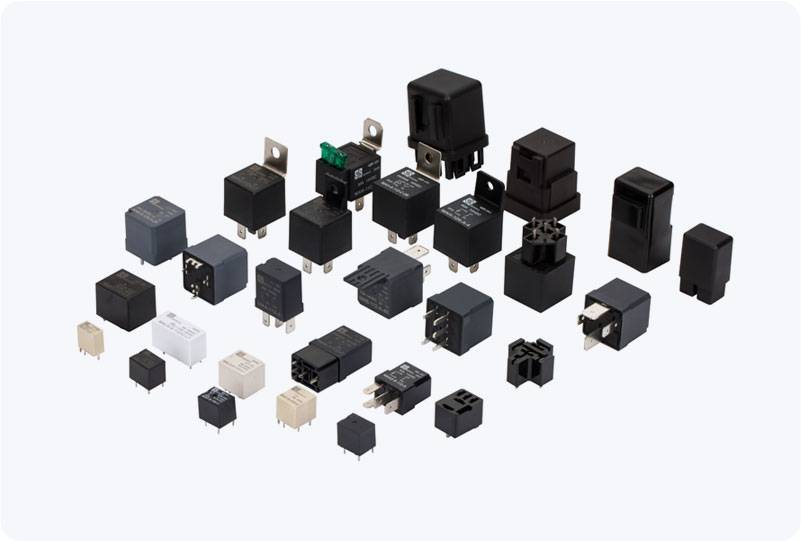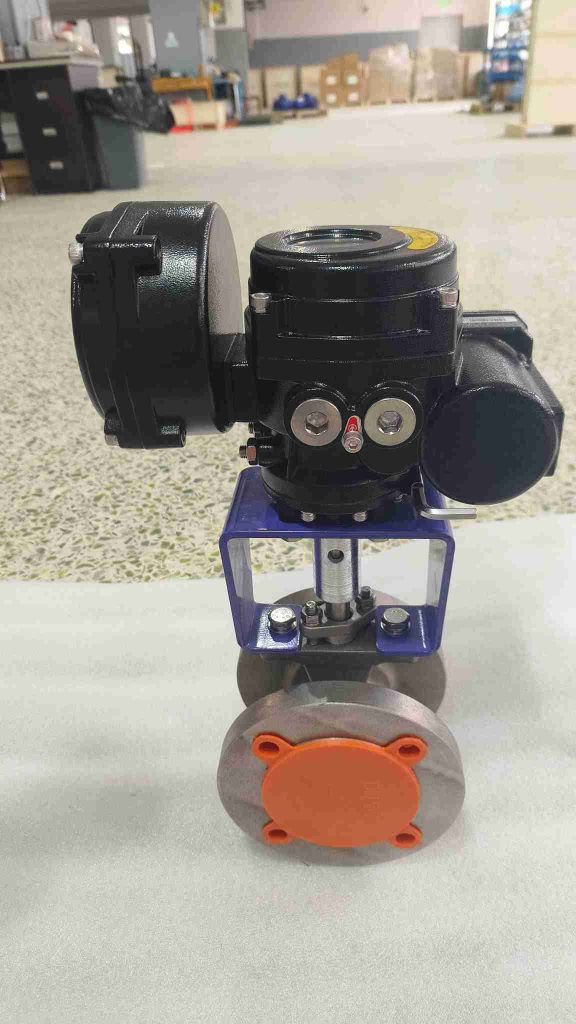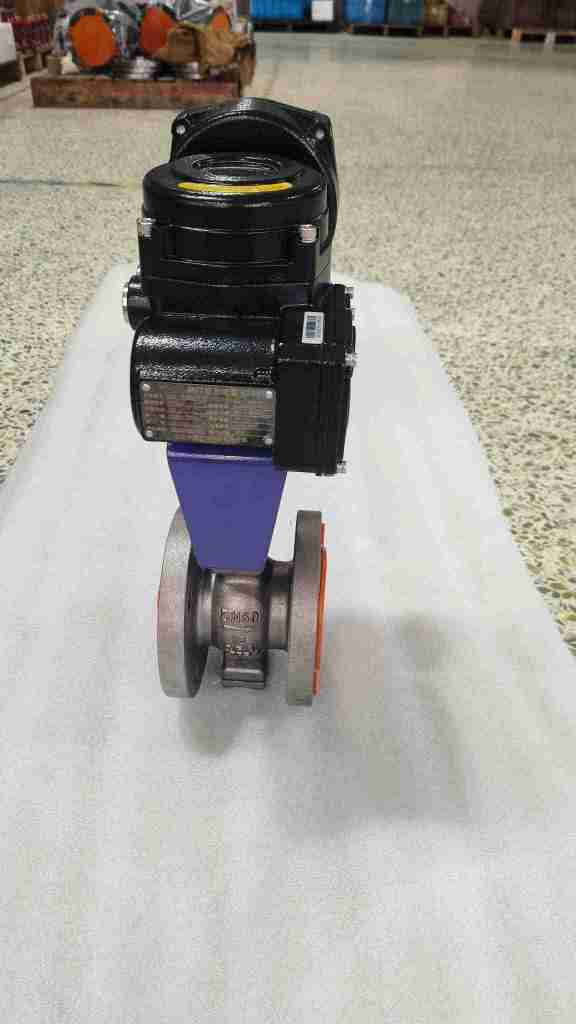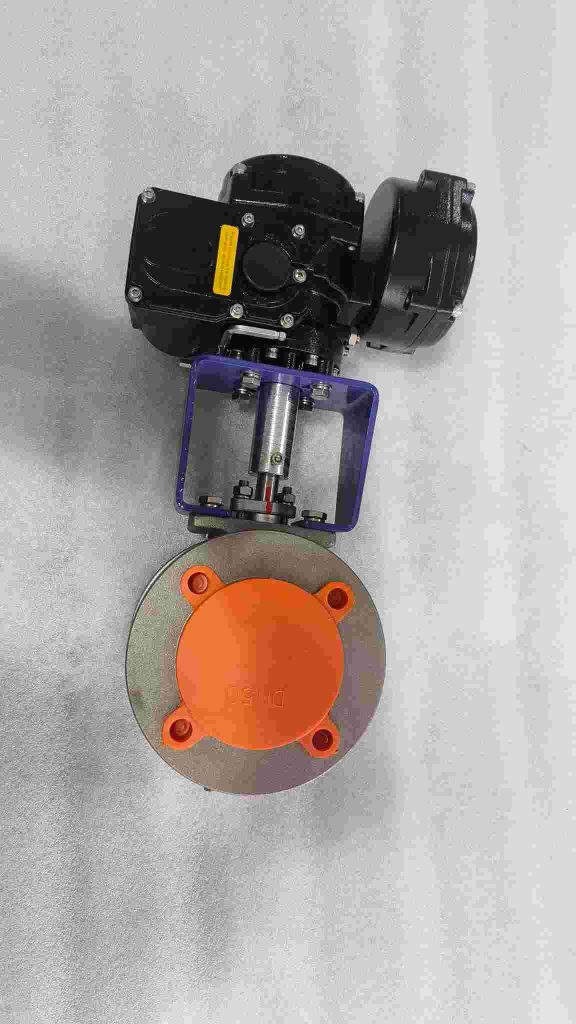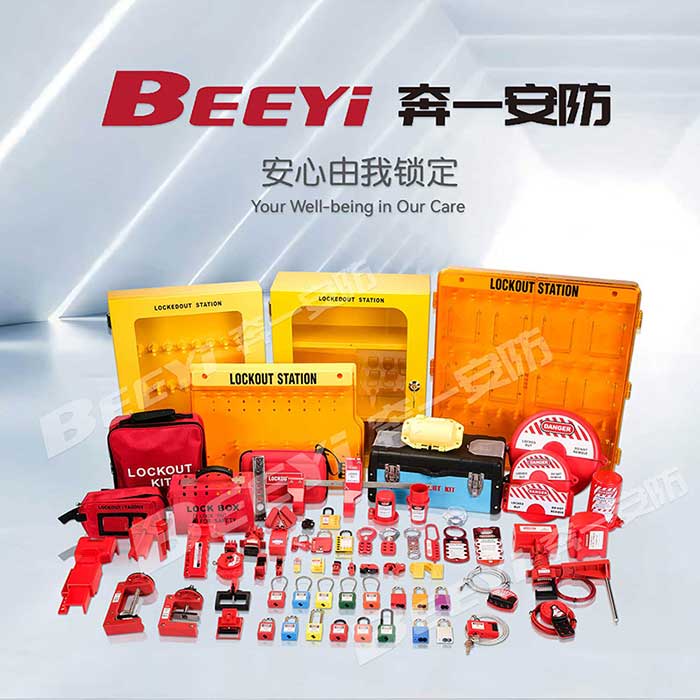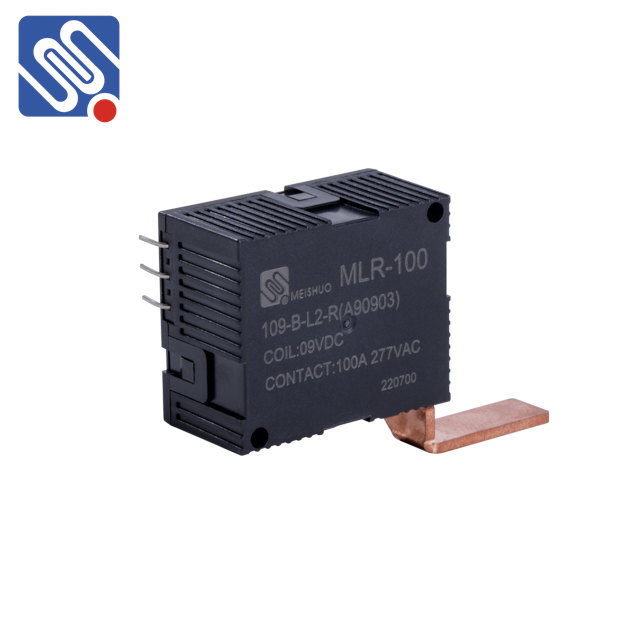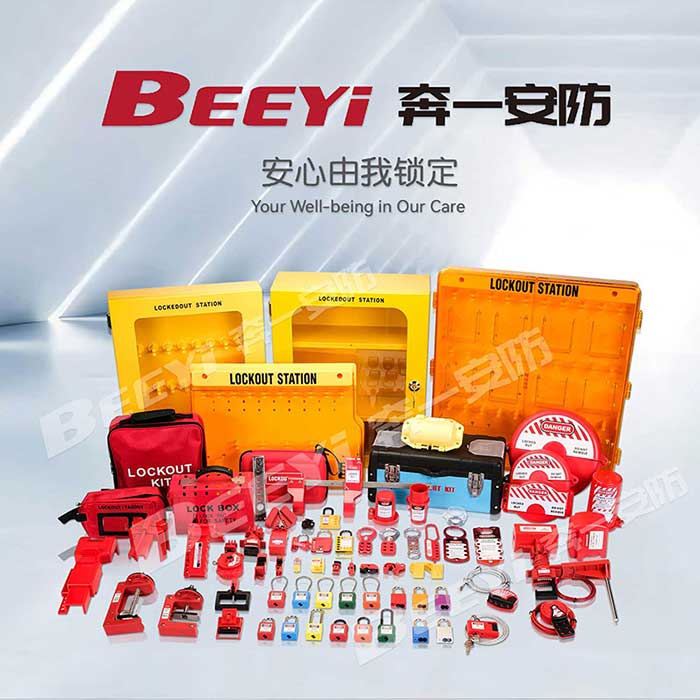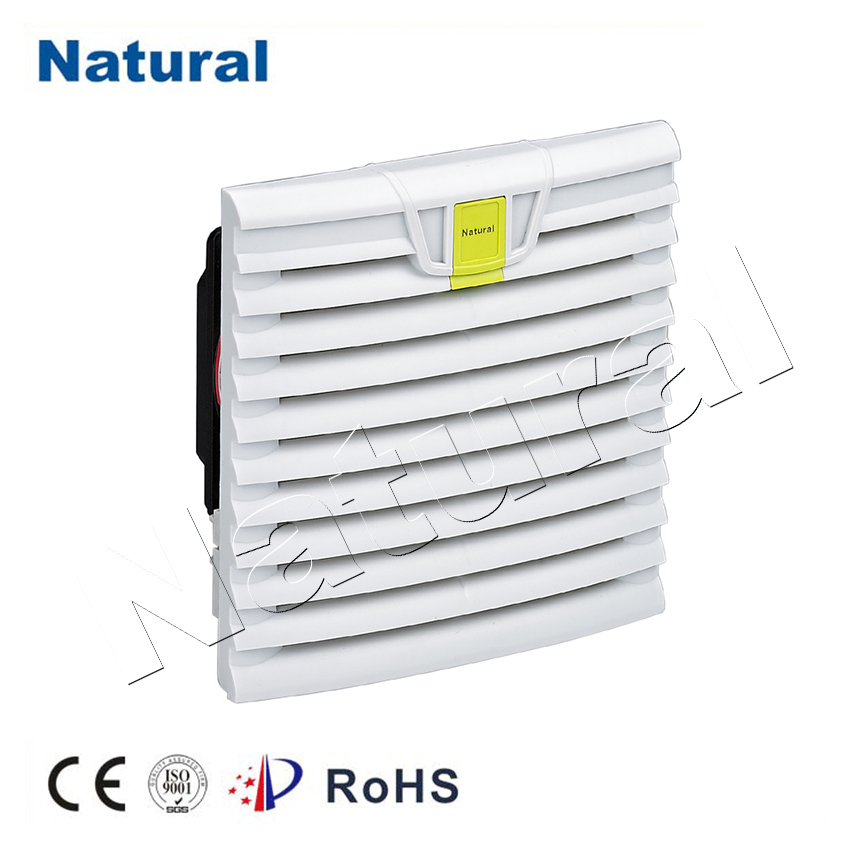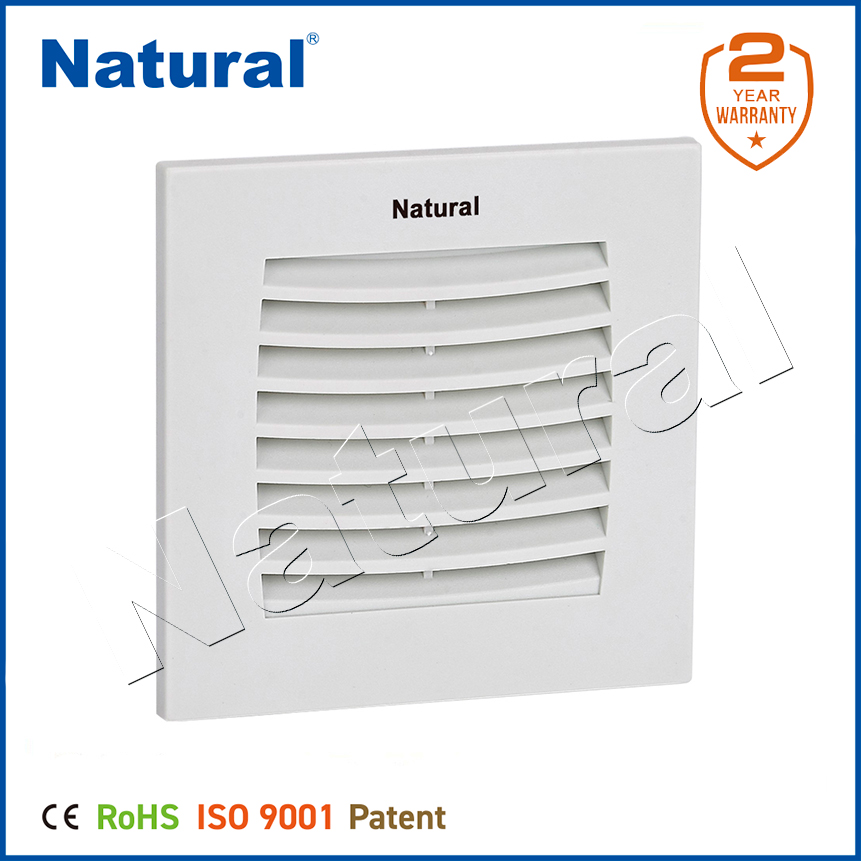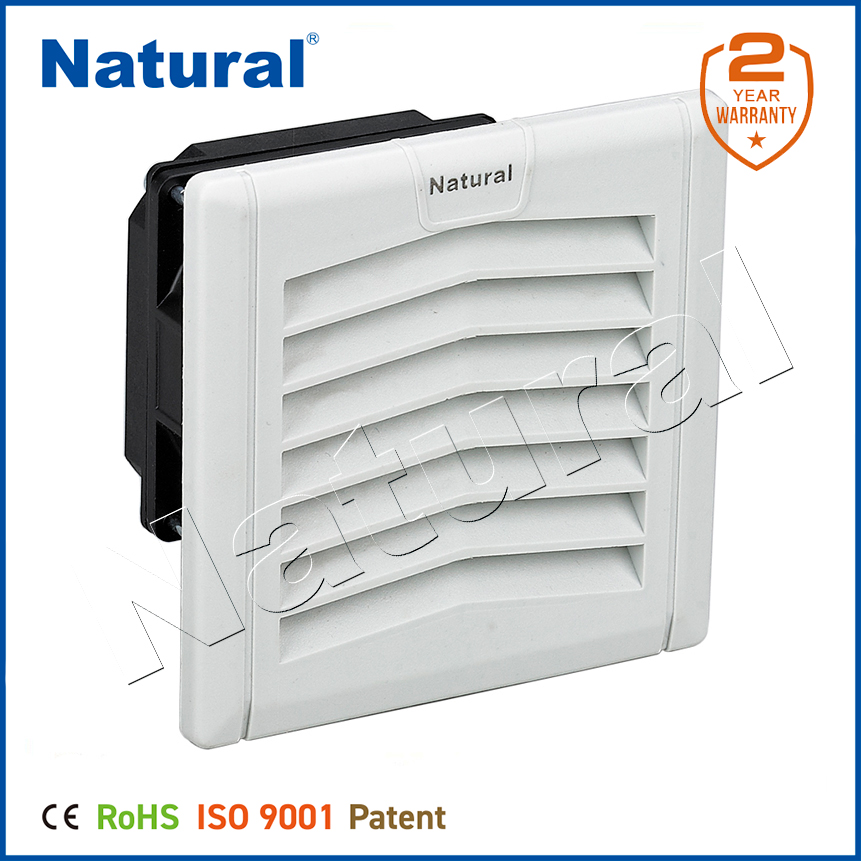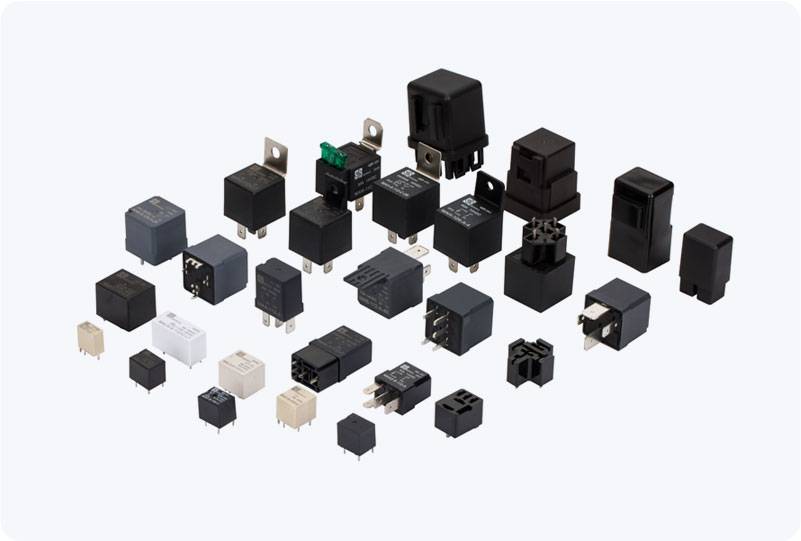Pneumatic systems are integral to numerous industrial applications, ranging from manufacturing plants to chemical processing facilities. However, these systems can be hazardous if not properly managed. To mitigate these risks, Pneumatic Lockouts serve as essential safety devices, providing a mechanism to safely isolate pneumatic energy sources during maintenance, repairs, or routine inspections. This article explores the significance of pneumatic lockouts, their role in enhancing industrial safety, and highlights some of the best-priced manufacturers in the market.
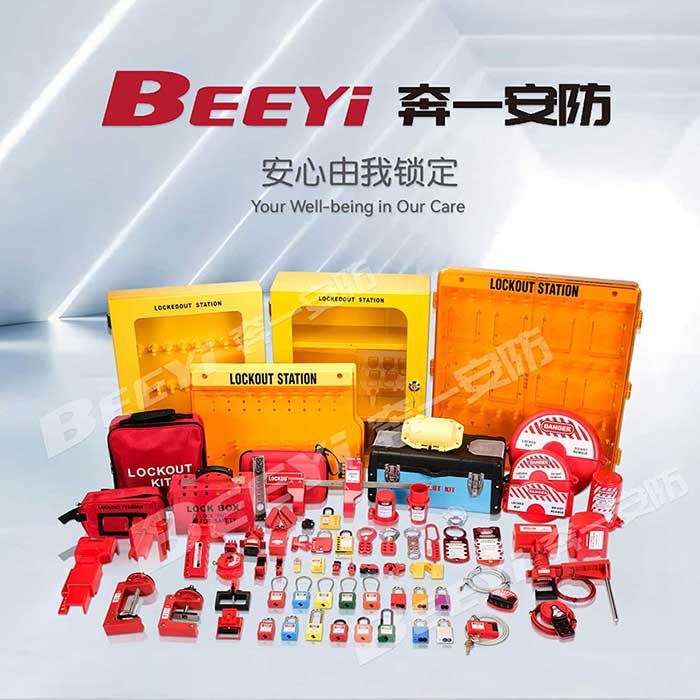
What Are Pneumatic Lockouts? Pneumatic lockouts are safety devices designed to prevent the accidental release of pneumatic energy from industrial machinery and systems. They function by securing valves or switches in a closed or locked position, ensuring that machinery cannot be inadvertently activated while maintenance work is being carried out. These devices are crucial in environments where multiple workers might be interacting with machinery, offering a layer of protection against the risks associated with uncontrolled or sudden machinery startups. The implementation of lockout/tagout (LOTO) procedures, including pneumatic lockouts, is often mandated by safety regulations such as the Occupational Safety and Health Administration (OSHA) standards. These regulations ensure that workers are protected from the dangers posed by unexpected machine movements or the release of stored energy during maintenance tasks.
